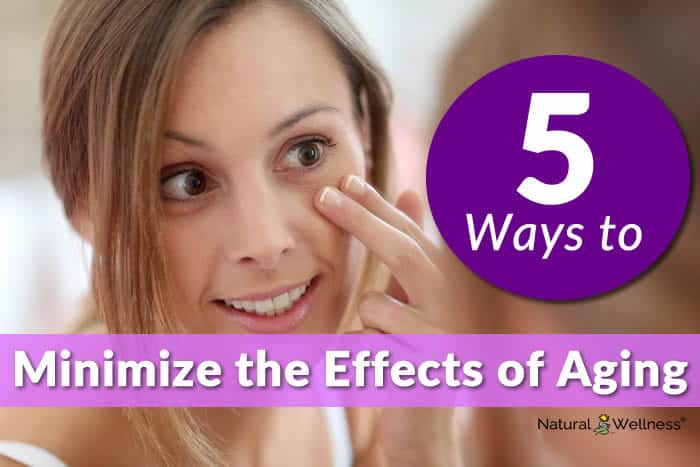

A certain amount of aging is inescapable, as aging is a normal, natural process. However, the rate and progression of aging can vary drastically from person to person based on genetics, lifestyle, gender, health and other factors. As early as the 20s, lung capacity and function begins to diminish, even though it may not be noticeable until late in one’s 30s. Dry and thinning skin associated with age is commonly noticed by women especially as early as their mid-30s while men typically begin to notice loss of muscle tone and mass.
Lifestyle Choices
Inflammation is believed to be both the cause of, and is increased by, the aging process on a cellular level. Our normal aging process (genetics) can be influenced significantly by our lifestyle choices (exposure to chemicals, diet and sleep). A poor diet, alcohol use, smoking, and exposure to toxic pollutants can all significantly increase the rate of aging and negatively impact the process. Poor diet and chemical exposure can actually cause certain genes to “switch on,” causing certain cancers and other diseases.
How to Minimize the Effects of Aging
- Sleep – A “good night’s rest” means 7-8 hours of sleep per night for all adults. While napping may offer a slight, short term boost in alertness it doesn’t compensate for lost sleep. It is vital that we reach a state of deep sleep in order for our bodies to repair themselves on a cellular level. When we do not get enough sleep, inflammation begins throughout the body.
- Avoid Sugar – Sugars and starches can increase oxidative stress in the body and increase pro-inflammatory factor production. The liver is responsible for removing excess sugar from the blood, so when it is constantly overtaxed processing sugars, other chemicals, drugs and compounds begin to build up in the body, increasing inflammation further.
- Avoid Chemicals and Pollutants – Chemicals (such as cleaning chemicals) and environmental pollutants that enter the body must be removed by the liver and kidneys. The damage these chemicals do creates oxidation and inflammation on a cellular level, and when the liver and kidneys become overworked, that stress can further the inflammatory response.
- Stop Smoking – Exposure to the toxic chemicals, gases and particles in cigarette smoke can overrun the antioxidant defenses of the body, even in those who eat a healthy diet. In addition to the lung damage and increased risk of cancer throughout the body, smoking ages skin significantly as well.
- Eat Right – A healthy diet high in fruits and vegetables provides antioxidants and anti-inflammatory vitamins and minerals necessary to combat the normal aging factors of life.
Aging happens all of us sooner or later, but with a healthy diet and attention to reducing those factors which negatively impact our aging process, we can minimize the telltale signs of aging for as long as possible!
Editor’s Note: Supplementing with Milk Thistle with Artichoke & Turmeric offers a convenient way of ensuring we are ingesting enough anti-inflammatory turmeric and supporting our liver.




